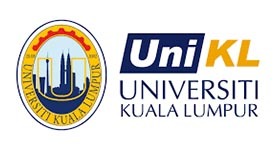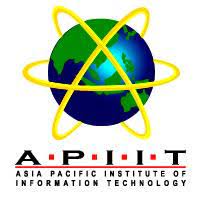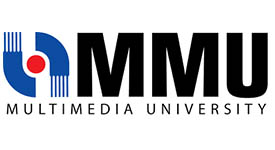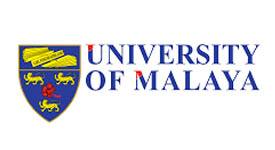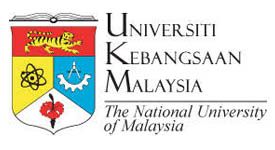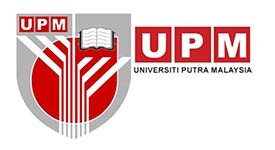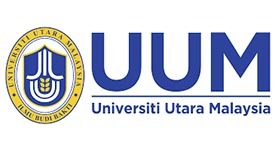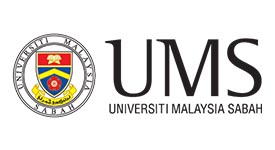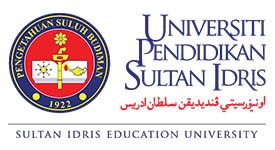- Home
- University
- International Islamic University of Malaysia
- course
- Bachelor of Engineering (Communication) (Honours)
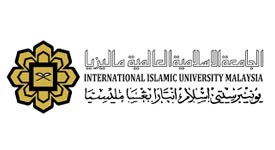
International Islamic University of Malaysia
- Location: Gombak Road, 53100 GombakSel,, Selangor
-
-
Schooling:
-
View:
- Type: Public Institution
- Courses: 76
- QS World University Rankings:
- Times Higher Education World University Rankings: 1002
- Get Direction
Bachelor of Engineering (Communication) (Honours) Fees Structure, Admission, Intake, Deadline
Study Mode:FULL TIME
Duration:4 Years
Level:UNDER-GRADUATE
Exam
Accepted:N/A
Intake:FEB,SEP
Tuition
Fees:N/A
Course Intake
Jan
Feb
Mar
Apr
May
Jun
Jul
Aug
Sep
Oct
Nov
Dec
International Islamic University of Malaysia Popular Courses
Top Streams:
Malaysia Popular Courses
Top Streams:
Top Courses to Study in Malaysia
Top Streams:
International Islamic University of Malaysia
Gombak Road, 53100 GombakSel,, Selangor
University of Islamic Sciences Malaysia
New Town, 71800 Value, State o, Negeri Sembilan


